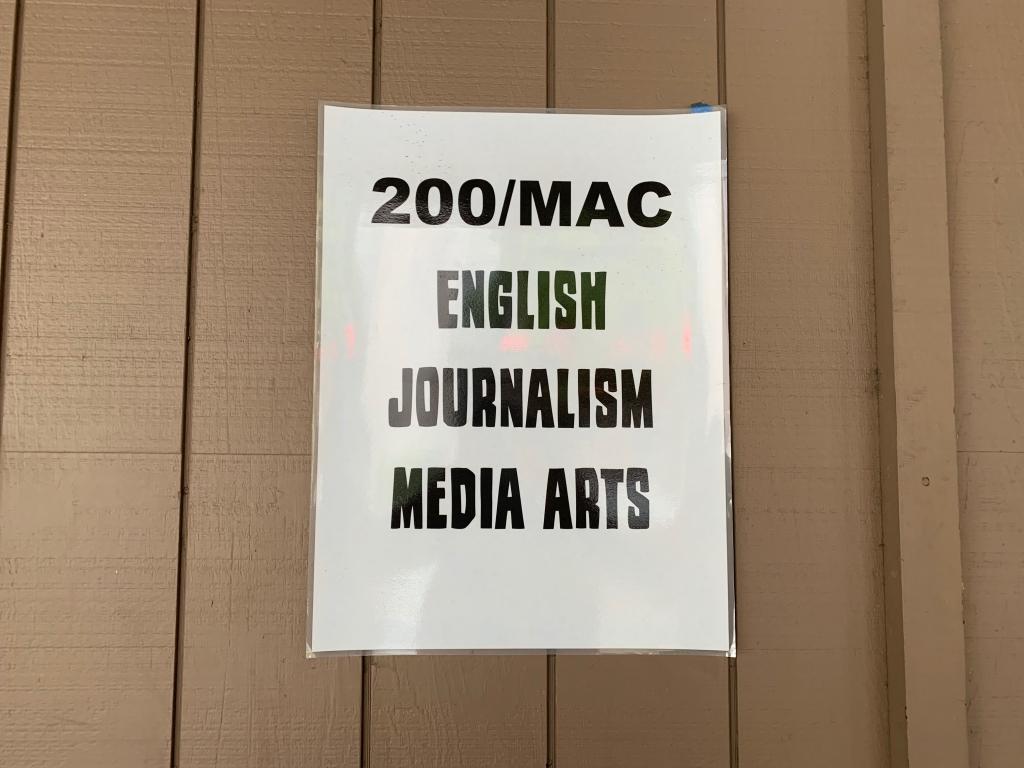This school year was the first that Palo Alto High School offered Advanced Placement English Language and Composition, which attracted over 400 students. Despite an overall positive start, many students say they would like to see more alignment of curriculum and class policies across the course.
With that in mind, ongoing efforts to coordinate AP Lang class practices, grading policies and curriculum should continue and the district must take steps to support teachers’ efforts to coordinate their teaching.
Differences among teachers in their practices are inherent to any subject and are often beneficial, making classes more interesting and dynamic and better fitting to a teacher’s individual style.
AP Lang also has multiple versions which are taught in different ways. However, drastic differences among teachers in grading policies and how they teach can be detrimental to students’ perception of fairness.
Verde recognizes that the English Department is making a concerted effort towards better coordination between teachers in all English courses, including AP Lang. These efforts include weekly meetings between teachers and summer planning sessions. The current AP Lang team developed a plan detailing major assignments and class grading policies last year when they submitted a plan for approval by the College Board according to Paly English Instructional Leader, Shirley Tokheim.
The English Department has made progress towards improved coordination between different teachers in recent years and alignment is a major goal of the English department and the Palo Alto Unified School District as a whole.
“It [alignment] is a value of the English Department and me personally,” Tokheim says.
Tokheim also pointed out, however, that teachers’ ability to plan and coordinate assignments and policies is limited by several factors.
“The district used to pay teachers for three days spent planning their course over the summer,” Tokheim says. “Now, teachers are not paid for the time they spend planning over the summer.”
The fact that teachers have to use their own, unpaid time to plan their course hinders their ability to coordinate their teaching.
In addition, Tokheim says the new Paly bell schedule fragments the time dedicated to Professional Learning Community meetings, where teachers can plan and adjust their lesson plans, assignments and grading practices and coordinate these with others teaching the same course.
“We used to get hour-long PLC meetings but they’ve been broken up into 30-minute blocks,” Tokheim says. “You can’t really plan very well if all you have are half-hour blocks.”
“You can’t really plan very well if all you have are half-hour blocks.”
-Shirley Tokheim, English teacher and Instructional Leader
In addition to PLC meetings being shortened, they have also been made optional this semester and for the foreseeable future, along with department meetings due to a disagreement between the district and the teachers’ union.
Verde applauds the ongoing efforts of the AP Lang teachers to coordinate their coursework and practices but there is still a long way to go.
The district must allot more time for teachers to collaboratively plan their curriculum and class procedures and pay teachers for the time they spend doing so. In the meantime, teachers should continue the important work they are doing to coordinate how they teach and ensure classes are optimally aligned.



